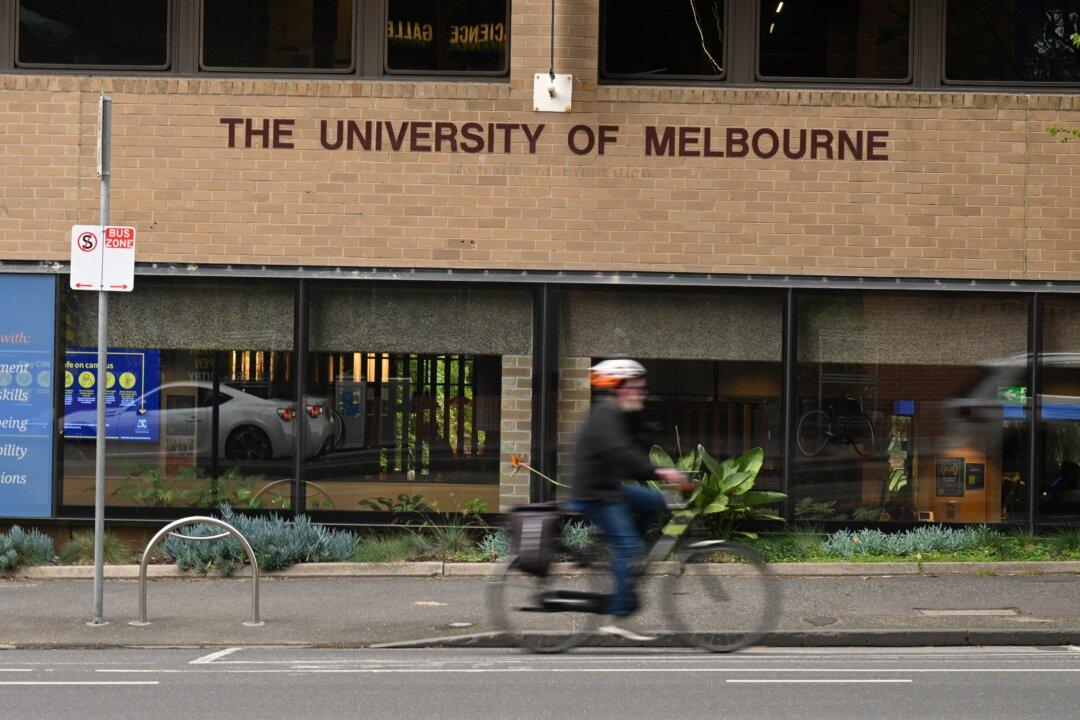Commentary
“For years, it has been the argument of the pro-diversity left that the more diversity you had, the more tolerance you would have—because diversity would somehow by its nature create more tolerance.” This is what British author and political commentator Douglas Murray, recently informed his readers.





